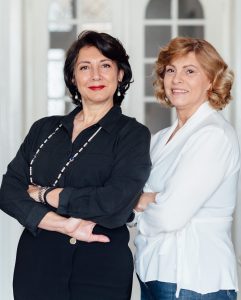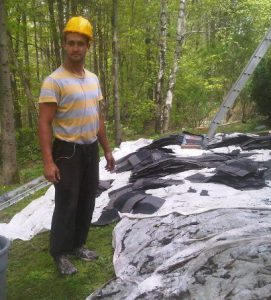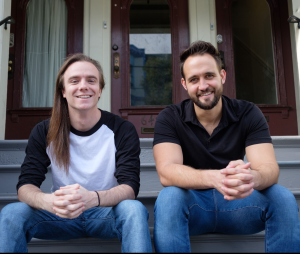DMZ’s annual Black Innovation Summit is a one-day event that brings together exceptional minds in the tech industry to drive change, build connections, and lead the way in developing strategies for Black entrepreneurs to succeed on a global scale.
This year, we are embracing the theme “Navigating Next”, which builds on our ongoing support for Black founders. We are uniting the tech community to explore the next steps in fostering sustained growth and success for Black entrepreneurs. In an era marked by geopolitical uncertainties and rapid technological advancements, the Summit will address the strategies necessary to navigate and thrive in a constantly evolving global environment.
The Summit aims to amplify Black excellence and chart a new course of empowerment and progress within the Black community and beyond by bringing together a diverse group of thought leaders, innovators, and allies. This impactful event will include a Black Innovation Breakfast, roundtable discussions and the Black Innovation Pitch Competition, where 10 Black tech founders will pitch their businesses to secure funding.
In our efforts to support the future of Black innovators, our Steering Committee members, composed of leaders, executives and corporate partners, are brought together to ensure the Summit reflects the diversity of entrepreneurs within Canada’s tech landscape. Our aim is to reduce bias and create an environment that supports and promotes inclusivity.
We’re spotlighting the dedicated individuals behind the Committee to recognize them for their efforts as the trailblazers that they are.

Brooke Graham
Diversity, Equity, Inclusion Manager, LifeLabs
A visionary EDI strategist and facilitator, Brooke Graham brings transformative leadership to LifeLabs, a nationwide organization with over 6,500 employees. With a wealth of experience spanning Indigenous communities to global financial firms, Brooke drives impactful change and fosters equity. Her collaborative and empathetic approach prioritizes authentic and accountable relationships, harnessing the power of community to deliver meaningful solutions.
Brooke’s leadership and dedication to driving change has fueled her commitment to initiatives that promote, encourage, and enable equity in innovation which leads her to be a valuable member of the Steering Committee to an event that celebrates the resilience and innovation of Black entrepreneurs.

Efosa Obano
Founder & Manager, Black Founders Network
Efosa Obano founded and manages the Black Founders Network, supporting Black entrepreneurs with capital, community, and capacity building. He also leads the African Impact Initiative, investing in early African innovators. With extensive experience in leveraging technology to create social impact, investing with impact, and building early-stage ventures, Efosa has been recognized by the UN and received the Ontario Minister’s Award of Excellence for his contributions.
Efosa holds a strategic management degree from the University of Toronto, where he was honoured with the Young Alumni Award for Outstanding Achievement. Efosa’s experience in supporting Black entrepreneurs positions him as a powerful advocate and voice for the Black entrepreneurial community.
 Iran Karimian
Iran Karimian
Head of Accelerator and Startup Ecosystem, Google Canada
With over a decade of experience, Iran Karimian is a dynamic leader who heads the Accelerator and Startup Ecosystem at Google Canada. She has successfully collaborated with some of Canada’s largest brands, including Google, YouTube, Kraft Heinz, and the Royal Bank of Canada. Today, Iran spearheads startup and developer ecosystem efforts at Google Canada, where she leverages Google’s people, programs, products, and technology to empower startup teams nationwide. Iran’s passion for fostering innovation and supporting initiatives that drive equity and growth are what make her an incredible asset to the committee.
With the theme of this year’s Summit being “Navigating Next”, how do you envision the role of Black entrepreneurs evolving in the tech industry over the next decade, and how do you see the Summit playing a role in supporting this vision?
“With the growth and empowerment of black entrepreneurs, we’ll see an increase in diverse leadership, with Black entrepreneurs holding key leadership positions across the tech landscape, shaping the industry’s direction and priorities. We’ll see strong economic empowerment, with successful Black-owned tech ventures creating jobs, generating wealth, and uplifting communities, contributing significantly to economic growth.”
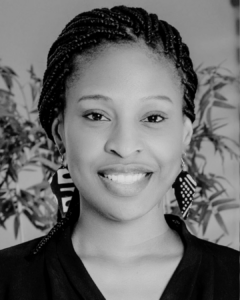 Lise Birikundavyi
Lise Birikundavyi
Co-Founder / Managing Partner, BKR Capital
Lise Birikundavyi is the managing partner at BKR Capital, incidentally becoming the first black woman in Canada to manage an institutionally-backed VC fund. Lise is an innovative finance specialist who has worked with several international institutions and acts as guest lecturer for prestigious organizations, including Oxford University, the International Olympic Committee Accelerator managed by the Yunus Sports Hub and the Canadian Private Capital Investment School at Ivey. Lise also mentors and supports highly promising and impactful start-ups in emerging markets. Lise’s groundbreaking achievements uniquely positions her to provide invaluable insights and leadership, making her an ideal fit for the Committee of the Black Innovation Summit.
Michael Younder
Senior Manager, Partnerships and Innovation, Scotiabank
Michael Younder is a technology enthusiast specializing in partnerships and product development. At Scotiabank’s Digital Factory, he focuses on enhancing the fintech ecosystem and supporting strategic initiatives across departments. With a strong background in relationship building and digital transformation, Michael collaborates with leading organizations to drive change. His passion for technology and innovation makes him a valuable contributor to the Black Innovation Summit’s Steering Committee.
Mohammed Muraj
Counsel, Torys LLP
With an extensive background in technology and blockchain, Mohammed collaborates with startups, Fintechs, and other clients on significant transactions, helping them navigate the evolving governance and regulatory landscape. His strategic insights and hands-on approach are valuable in supporting the Black Innovation Summit in its mission to recognize and celebrate standout Black entrepreneurs who are driving innovation and change.
How can the tech community at large better support the inclusion and success of Black entrepreneurs beyond the Summit?
“Inclusion and access for underserved communities does not occur as a by-product but requires constant and well thought out long-term efforts. The tech community (like other communities) needs to continue to engage with underserved communities to identify obstacles faced by such communities and make resources available to them to overcome the systemic challenges and obstacles they face.”
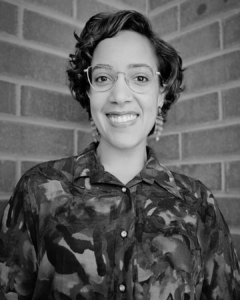 Monique Miller
Monique Miller
Purpose Programs Manager, Unilever
Monique is a versatile professional who thrives by leveraging interpersonal skills to drive collaborative change. Holding a Masters Degree from the London School of Economics, Monique has worked in North America, Africa and Europe with a focus on improving the human experience through partnerships in the domains of governance, public health, education, entrepreneurship and the private sector. An award winning educator, Monique is passionate about spreading knowledge, and ‘aha moments’. As the Purpose Programs Manager at Unilever, Monique supports the expansive impact of the Dove Self-Esteem Project in Canada and the ever growing network of Black female entrepreneurs through SheaMoisture’s Dreamfund.
Tinashe Wingfield
Managing Director, Cadence Foresight Innovations
A strategic visionary with over 20 years of experience, Tinashe is a dynamic leader in crafting and implementing projects focused on strategy, systems design, and impact evaluation. She has garnered recognition for her pioneering work in designing transformative strategies, conducting impactful evaluations, and fostering organizational change. Born in Zimbabwe and raised in Burundi, Kenya, and Canada, Tinashe brings a global lens to all her work.
Today, Tinashe leverages her extensive experience to drive impactful initiatives that inspire change, inspiring her to join the Steering Committee for the Black Innovation Summit to continue supporting initiatives that promote, encourage, and enable equity in innovation.
The Black Innovation Summit was made possible thanks to our partners Scotiabank, Telus, Magna, Torquest, Unilever, Torys, Accenture, the Government of Ontario, the City of Toronto, BKR Capital, and The Peak.









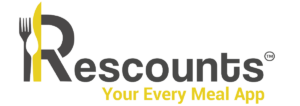



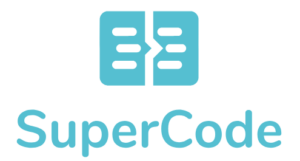

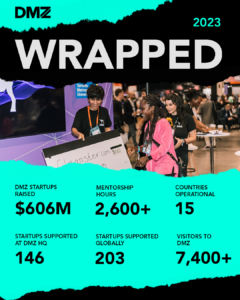

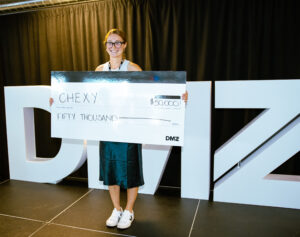
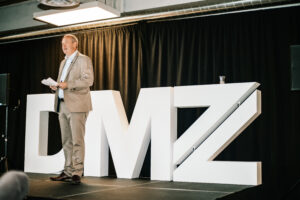
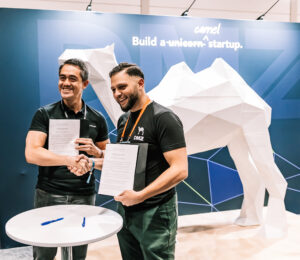
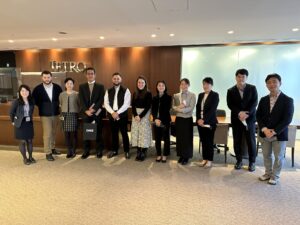
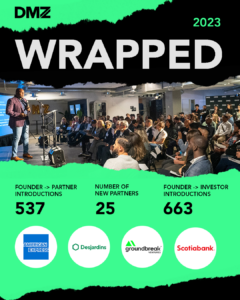
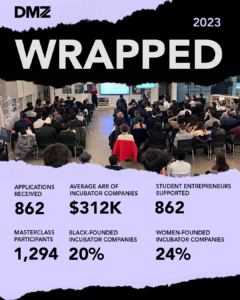

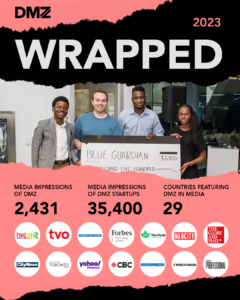





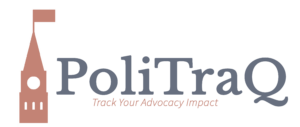


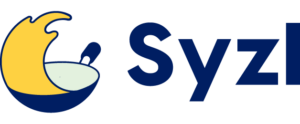



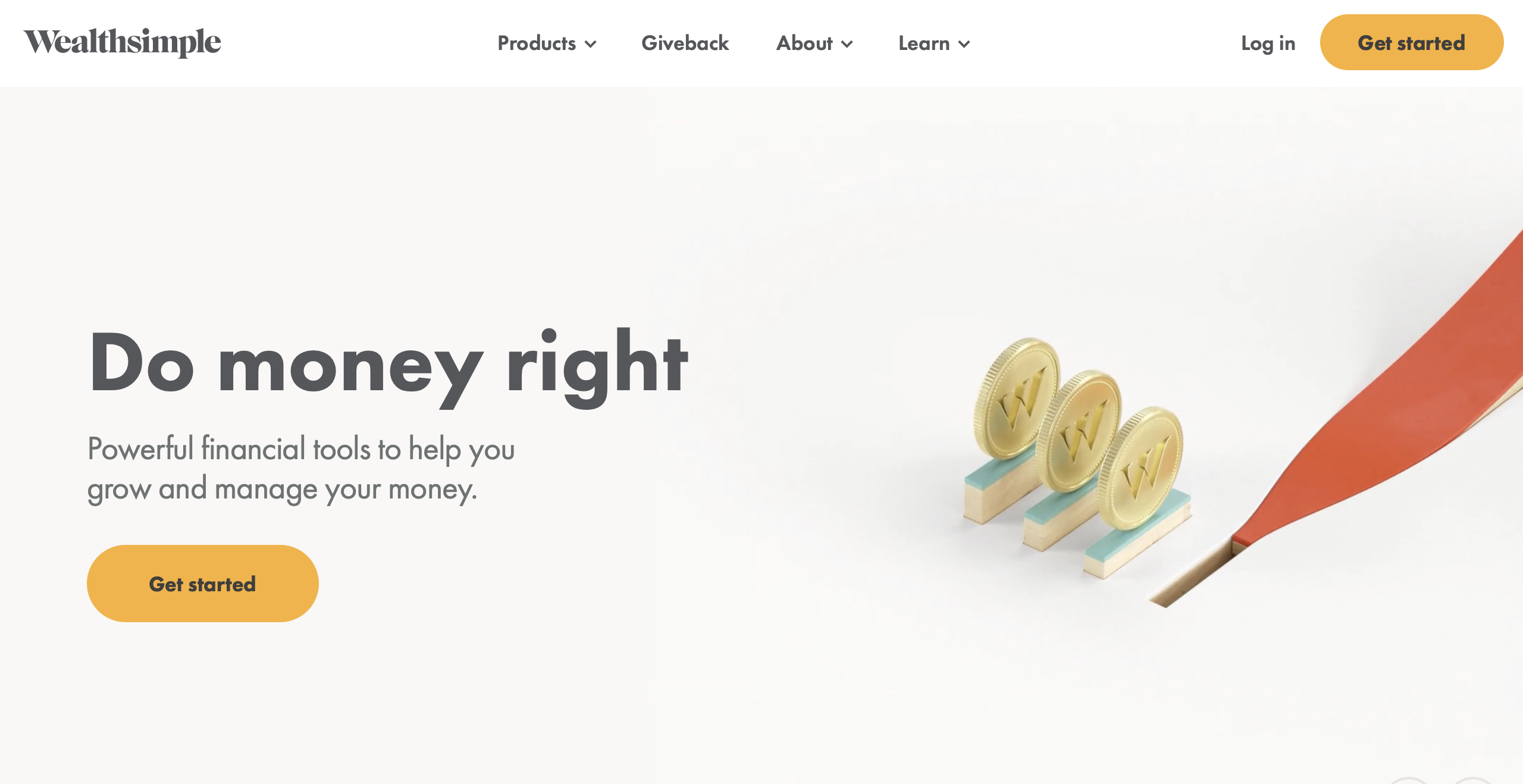
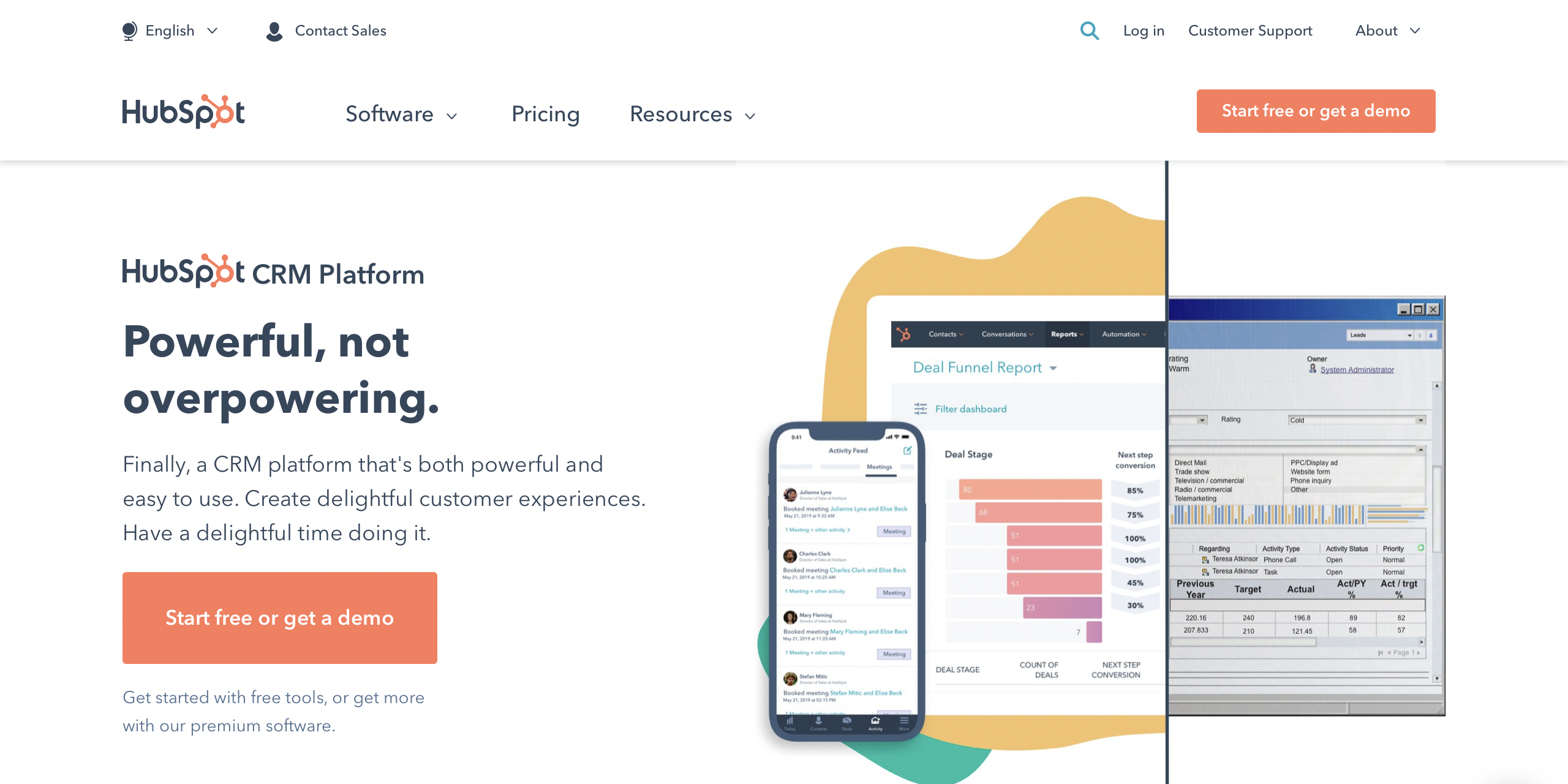
 We are two women who have crossed the threshold of 60! We both went through menopause and had difficulties with it, but at the time, there was very little information and support available for women.
We are two women who have crossed the threshold of 60! We both went through menopause and had difficulties with it, but at the time, there was very little information and support available for women. 